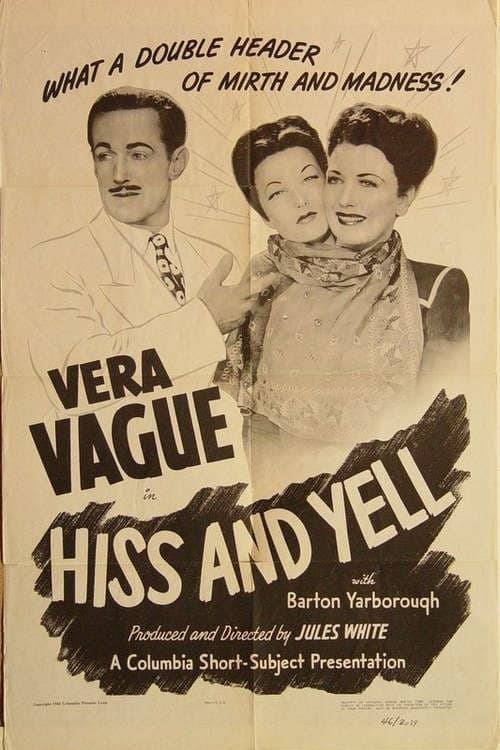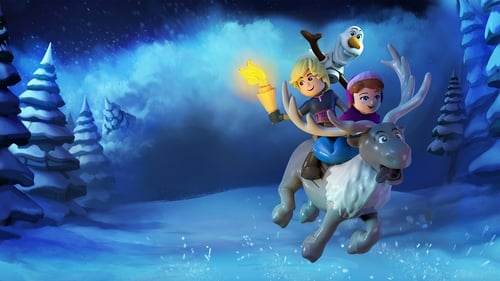Informações
Sinopse:
Duração: 00h17m
Data de lançamento: 14 de fevereiro de 1946
Genêros: Comédia.
(3 votos)
?
?

Sinopse:
Duração: 00h17m
Data de lançamento: 14 de fevereiro de 1946
Genêros: Comédia.

Insatisfeito com a própria arma, Jigen parte em busca do melhor armeiro. Ele descobre que Chiharu, a quem pertence uma relojoaria, é justo quem ele procura. Nessa loja, Jigen conhece a menina Oto, que procura por Chiharu pedindo ajuda, e descobre sobre seus segredos bem como os da organização que a persegue. Após o sequestro de Oto, Jigen se envolve numa batalha frenética para salvá-la.

Anna, Elsa, Olaf, Kristoff e Sven partem em uma épica aventura para restaurar o brilho da aurora boreal.

Depois de uma provação angustiante nas montanhas, Jannicke acorda no hospital. Todos os seus amigos estão mortos. Como ela anda através de corredores escuros, acha que foi deixada sozinha. Mas o pesadelo ainda não terminou.

Corte de longa-metragem do penúltimo e último episódio do arco Distrito do Entretenimento, juntamente com o primeiro episódio estendido do arco Vila do Espadachim em 4K com áudio remasterizado.

Quando uma explosão em um poço de petróleo ameaça centenas de vidas, uma equipe de salvamento é chamada para cruzar o deserto com um carregamento de nitroglicerina.

Durante a investigação de um assassinato, a policia chega a foto de um suspeito. Mas o caso se complica quando percebem que há duas pessoas com aquele rosto

Com a habilidade de ver o futuro, Javier descobre quem é o grande amor de sua vida. Só tem um problema: ela é a namorada do seu melhor amigo.

Quando a turma Scooby vai acampar, eles têm que enfrentar as pegadas enigmáticas para encontrar o mistério da maldição.